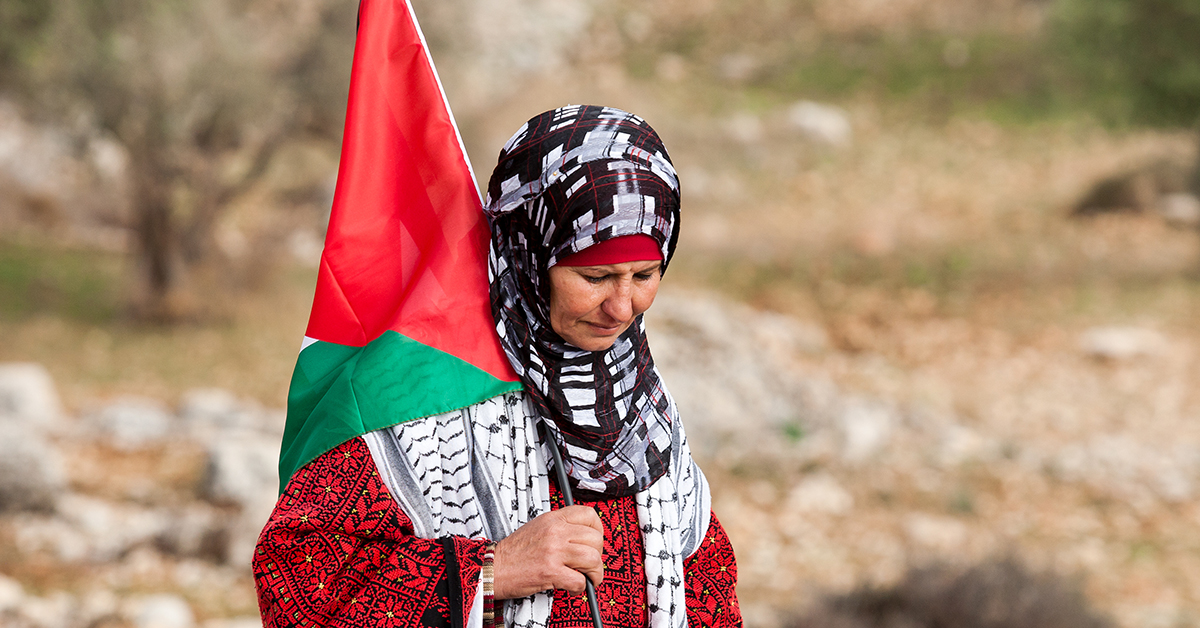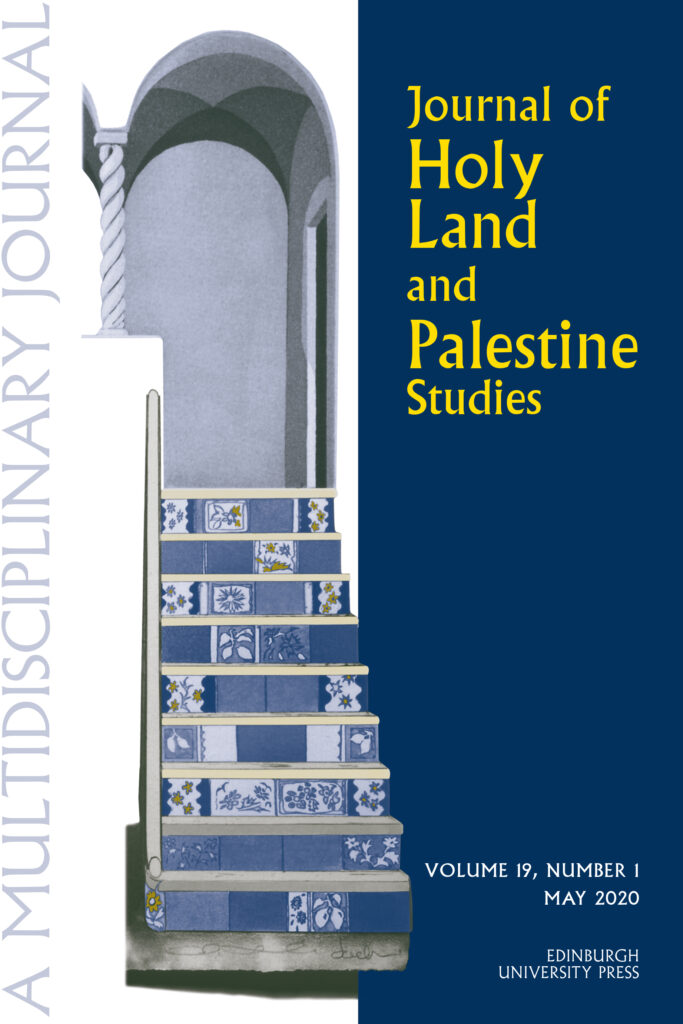
By Ronit Lentin
When the announcement of the candidacy of Israeli lawmaker and retired general Efraim ‘Effi’ Eitam as director of the Jerusalem Yad Vashem Holocaust Memorial was made in November 2020, many Israeli leftists and intellectuals protested, claiming it was unfitting to put a self-declared racist and a suspected war criminal in charge of imparting the lessons of the Nazi genocide. However, I agree with Ha’aretz columnist Gideon Levy’s argument that Eitam’s candidacy is in line with Israel weaponising the Holocaust to justify its permanent war against the Palestinians, with its ongoing racialization and dehumanization of the Palestinian people, and with its insistence that after the Holocaust no one has the right to tell Israel what to do and that international law, established after the Holocaust, applies to all countries except Israel.
Eitam’s candidacy proves the need to analyse Israel as a racial colony par excellence. As Levy notes, the Holocaust and the “never again” commitment that followed it, could have gone in two directions. On the one hand it could have resulted in a determination by the state of the survivors of the Nazi atrocities to struggle against all racism and war crimes anywhere. On the other, it could have led to the belief that only aggressive power would prevent another Holocaust. Needless to say, Israel, described in Haim Bresheeth Žabner’s book An Army Like no Other (2020) as “an army with a nation,” chose the second way and Eitam, an arrogant ultra-nationalist who commanded the Givati Brigade in the first intifada, epitomises this version of the lessons of the most extreme racialization of European Jews in the modern era.
My article “Palestinian lives matter: Racializing Israeli settler colonialism,” from the Journal of Holy Land and Palestine Studies is written against the background of recent developments in Israel’s racial rule over the Palestinians, the Black Lives Matter protests, and Netanyahu’s declared intention to annex occupied Palestinian territories, an intention thwarted by his recent normalisation deal with the UAE and Bahrein. The article, written by an Ashkenazi Jewish member of the perpetrating collectivity, theorises Israel’s permanent war against the Palestinians as first, state of exception, second, racial state, and third, settler-colony. Although several Palestinian scholars, including Edward Said, Faez Sayegh, Joseph Massad, Elia Zureik, Nadia Abu El Haj and Lana Tatour to name but a few, theorised the Zionist colonisation of Palestine in terms of race and racialisation, the tendency of Israeli and many international scholars has been to first write about the “Israeli-Palestinian conflict” rather than about the colonisation of Palestine, and second, to focus on ethnicity rather than race as an analytical frame. The article critiques this focus on ethnicity, ethnic cleansing and ethnocracy by Israeli scholars such as Ilan Pappe and Oren Yiftachel, and posits race as a key concept in analising Zionist settler-colonialism. I further propose that Zionism was anything but a solution to European antisemitism, and that it rather adopted discourses of race approximating those expressed by antisemitic regimes, both historically and in the present. In a post-Trump present as the Black Lives Matter movement proliferates on the one hand, while on the other right wing opposition to BDS and civil society solidarity with Palestine accelerate, I conclude the article by arguing for the question of Palestine to again becoming a crucial global issue.
The Journal of Holy Land and Palestine Studies is a fully international and multidisciplinary journal covering the history, politics, culture, religion, anthropology, sociology and economics of the Holy Land and Palestine. The journal deals with a wide range of topics, including but not limited to: conflicting Israeli and Palestinian perspectives; social and economic conditions; religion and politics in the Middle East; Palestine in history and today; modernism and postmodernism and more.






